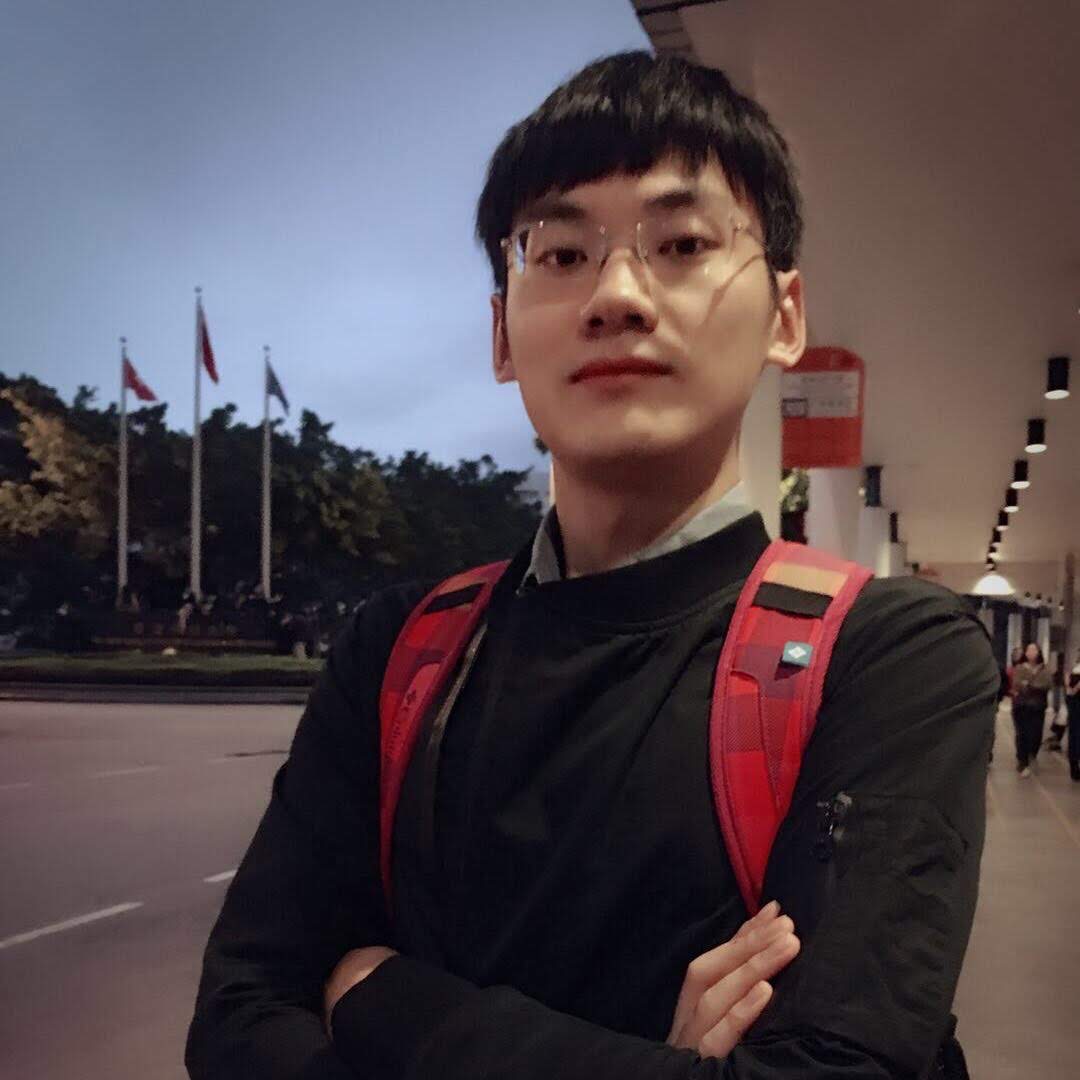Cited By
View all- Zhang XZhang CLi XDu ZMao BLi YZheng YLi YPan LLiu YDeng R(2024)A Survey of Protocol FuzzingACM Computing Surveys10.1145/369678857:2(1-36)Online publication date: 10-Oct-2024
- Peng CJiang MWu LZhou YLuo BLiao XXu JKirda ELie D(2024)Toss a Fault to BpfChecker: Revealing Implementation Flaws for eBPF runtimes with Differential FuzzingProceedings of the 2024 on ACM SIGSAC Conference on Computer and Communications Security10.1145/3658644.3690237(3928-3942)Online publication date: 2-Dec-2024


